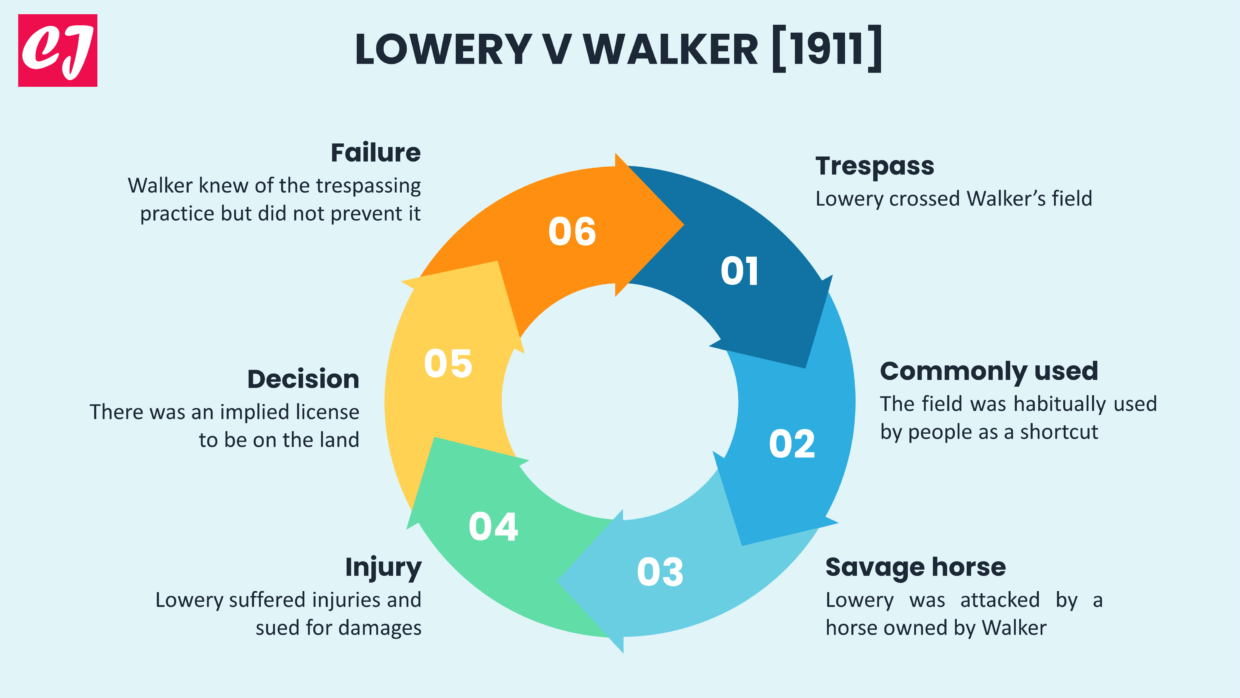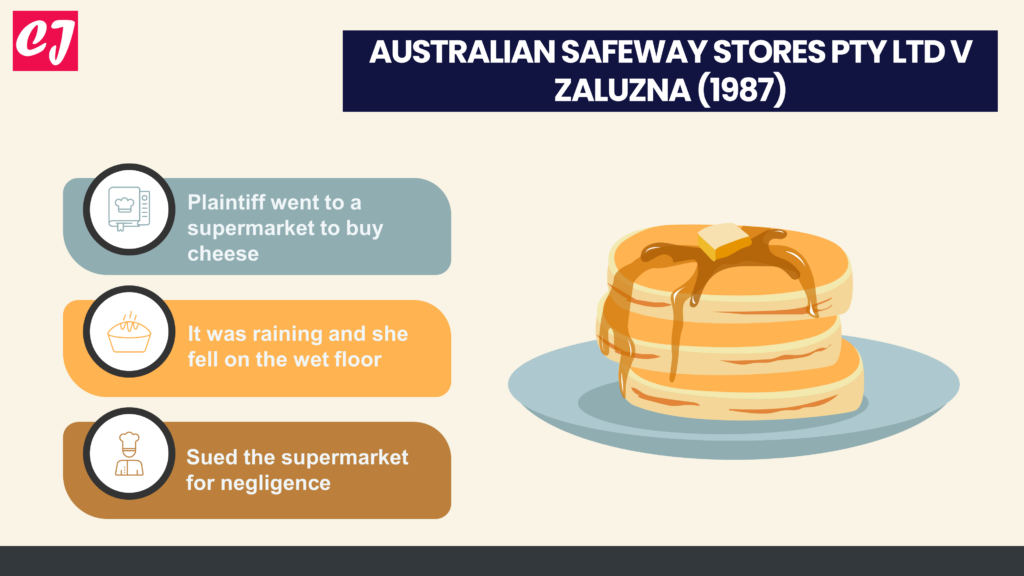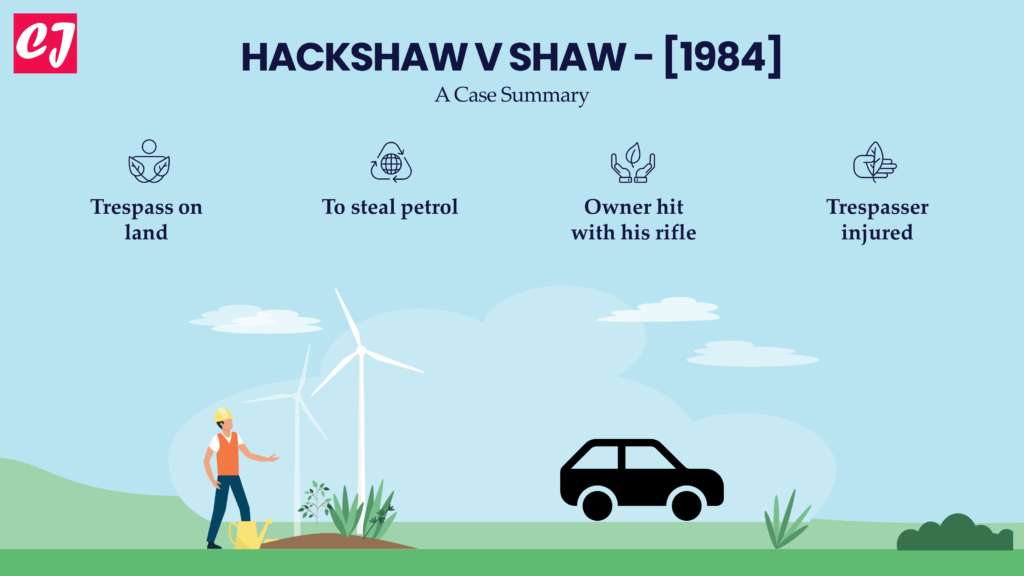
Lowery v Walker [1911]: A Quick Summary
Lowery v Walker [1911] is a UK tort law case concerning the liability of an occupier to people habitually crossing his land and the occupier’s acquiescence to this.
Given below are the case details:
| Case name & citation: | Lowery v Walker [1911] AC 10; [1910] UKHL 1; [1910] UKHL 726 |
| Court and jurisdiction: | House of Lords; England and Wales |
| Decided on: | 9 Nov 1910 |
| Area of law: | Occupier’s liability; Negligence; Trespass to land |
Facts of the case
The plaintiff, Lowery, was crossing a field owned by the defendant, Walker. The field had been used by people for many years as a shortcut to a local railway station. This was known to the defendant but had not taken effective steps to prevent people from coming onto the land. While crossing the field, the plaintiff was attacked and stamped by a dangerous horse owned by the defendant. The horse was put to graze in the field without any warning. Additionally, the defendant knew that the horse was dangerous.
The plaintiff sued the defendant for damages for injuries suffered.
It was argued that the plaintiff here was a trespasser and hence, no duty was owed to him.
Issue raised
Was the defendant liable for the injuries suffered by the plaintiff?
Was the plaintiff a trespasser or did he have a right to be on the field?
The decision of the Court in Lowery v Walker
The Court held that the defendant was liable for the plaintiff’s injuries. Although the plaintiff did not have explicit permission to be on the land, an implied license was granted due to repeated trespassing by members of the public and the defendant’s lack of action against it. In other words, a license to be there could be implied.
Though objections were raised, it was found that the defendant had not taken effective steps to prevent people from coming on his land all these years, particularly because some were his customers who bought milk from him. Further, by placing the horse in the field, a risk of danger was created for these known trespassers.
Thus, the defendant was found to be negligent.
List of references:
- https://www.e-lawresources.co.uk/cases/Lowery-v-Walker.php
- https://www.lawteacher.net/cases/lowery-v-walker.php
YOU MIGHT ALSO LIKE:
MORE FROM TORT LAW:

